
3 Fruits That May Harbor Parasites – Eat with Caution to Avoid Illness
3 Fruits That May Harbor Parasites – Eat with Caution to Avoid Illness
Fruit #2 is a favorite of many people.
Summer is the perfect time to enjoy fresh, delicious fruits. Not only are they abundant and affordable this season, but they also provide a rich source of nutrients. However, not all fruits are completely safe if not handled or prepared properly. Due to their structure or farming methods, some fruits are more prone to collecting dirt, bacteria, or even parasite eggs if not thoroughly cleaned before consumption.![]()
Here are 3 common summer fruits you should be especially careful with when eating:
1. Figs
Figs have a mildly sweet taste and soft, juicy flesh. They belong to the same family as mulberries and are larger than the similar-looking wild figs (or cluster figs) often found in Southeast Asian cuisine. Figs are popular in Middle Eastern dishes and are also grown in parts of Vietnam such as Hue.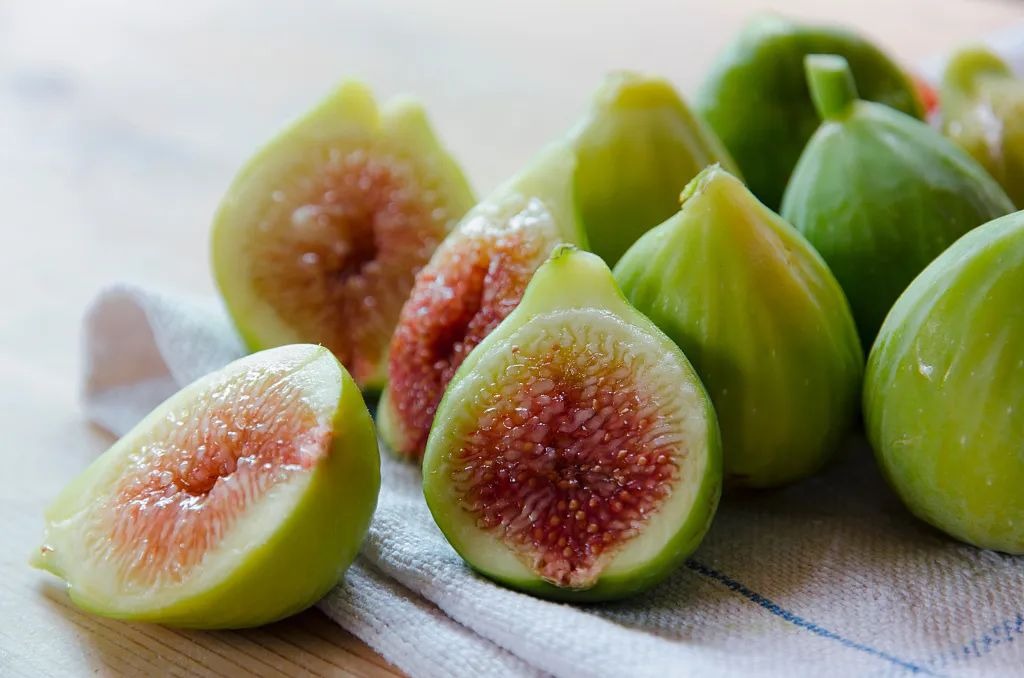
Because of their airy and open interior, figs are prone to attracting insects during growth—especially when grown in unsanitary conditions. Research shows that if not properly washed or sourced from reputable suppliers, figs can carry insect eggs or harmful pathogens.
Tip: Rinse figs thoroughly under running water. Soaking them in a diluted saltwater solution or using a produce-washing solution can help ensure safety.
2. Strawberries
Strawberries are a summer favorite due to their sweet-tart flavor and high vitamin C content. However, their uneven surface and tiny crevices, along with being grown close to the ground, make them highly susceptible to dirt, bacteria, and pesticide residues.
Tip: Soak strawberries in a diluted saltwater solution or in water mixed with a little baking soda for 5–10 minutes, then rinse thoroughly under running water. Avoid soaking them too long, as they can become mushy and lose flavor.
3. Chinese Bayberries (Yangmei)
Popular in China during the summer, Chinese bayberries (also known as yangmei) are juicy, sweet-tart berries used fresh, in juice, or preserved in syrup. Though not common in Vietnam, you may come across them when traveling abroad or buying imported fruits.
Due to their bumpy skin and unique structure, bayberries easily trap dust, bacteria, and insect eggs. This makes thorough cleaning essential before consumption.
Tip: Soak bayberries in diluted saltwater. Adding a bit of baking soda or flour to the soak can help dislodge impurities trapped in their crevices. Gently rinse with clean water before eating.
In summary, while these fruits are delicious and healthy, they must be cleaned carefully to avoid ingesting harmful contaminants. Proper preparation can help you enjoy your summer fruit safely and deliciously.
News in the same category

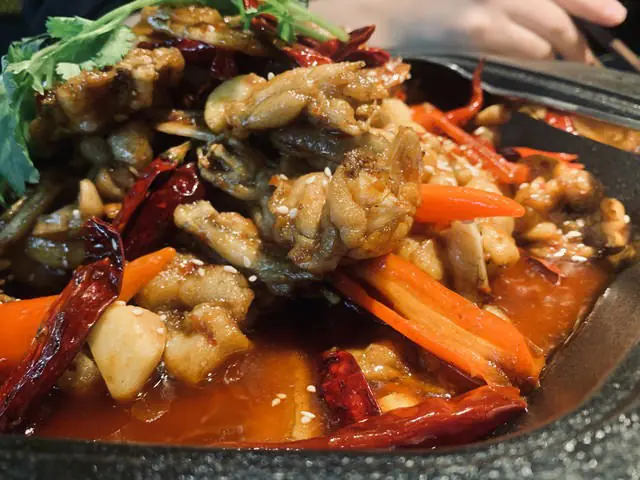
3 types of meat are "nests of parasites" if cleaned carelessly, many people still rush to eat them without knowing

Suffering from a prolonged choking sensation, thought to be a stomach problem, the woman accidentally discovered that her thyroid gland had CAN.CER

Persistent Throat Tightness Mistaken for Gastric Issues—Woman Discovers Thyroid Can.cer by Accident
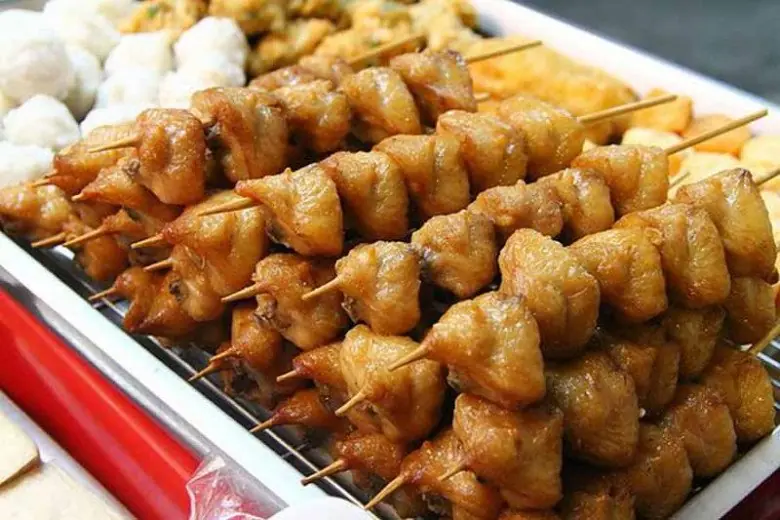
4 parts of chicken you should not eat

Drinking coffee at the wrong time can ha.rm your heart

6 wa.rning signs your bo.dy might be “nurturing” can.cer
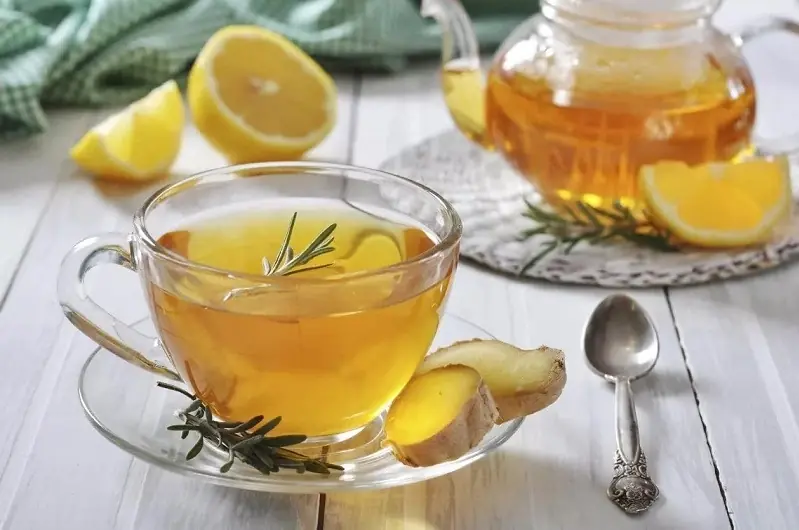
5 effective liver de.tox drinks to have before bed

Waking up in the morning and seeing this symptom, be careful your kidneys are starting to fail

People with liver failure often have 3 characteristics on their hands, if you have 1 you should see a doctor soon

Man with heavy metal poisoning, kidney failure: The "culprit" is something unexpected

The man did not drink alcohol but di,ed of liver failure, the doctor sighed: Eating these 4 dishes every day will ruin even a "steel liver"!
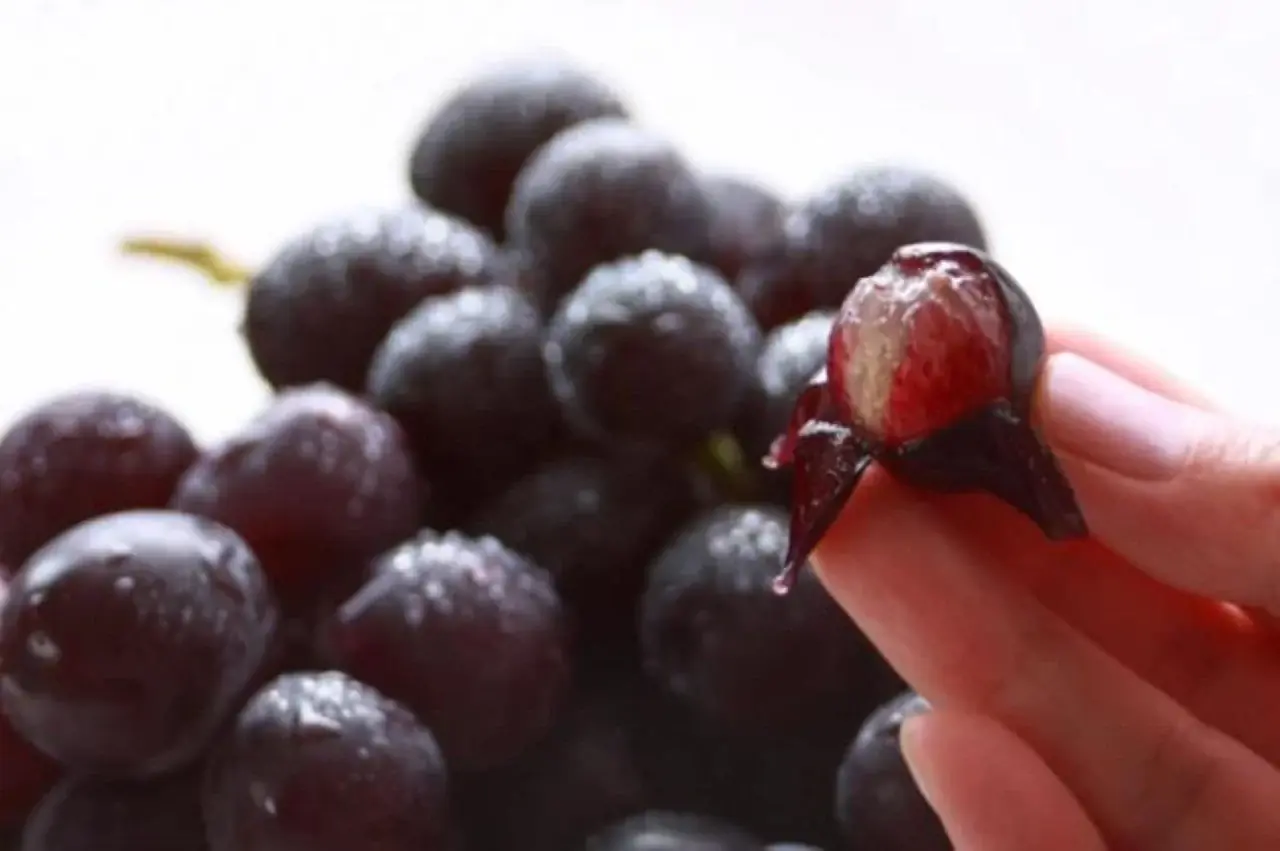
3 Cooling Foods for Summer That Help You Relax and Sleep Better

A Man Who Never Drank Alc.ohol Di.ed of Li.ver Failure — Doctor Sighs: "Even an Iron Li.ver Would Fail if You Eat These 4 Foods Daily!"

7 wa.rning signs you should stop drinking coffee immediately
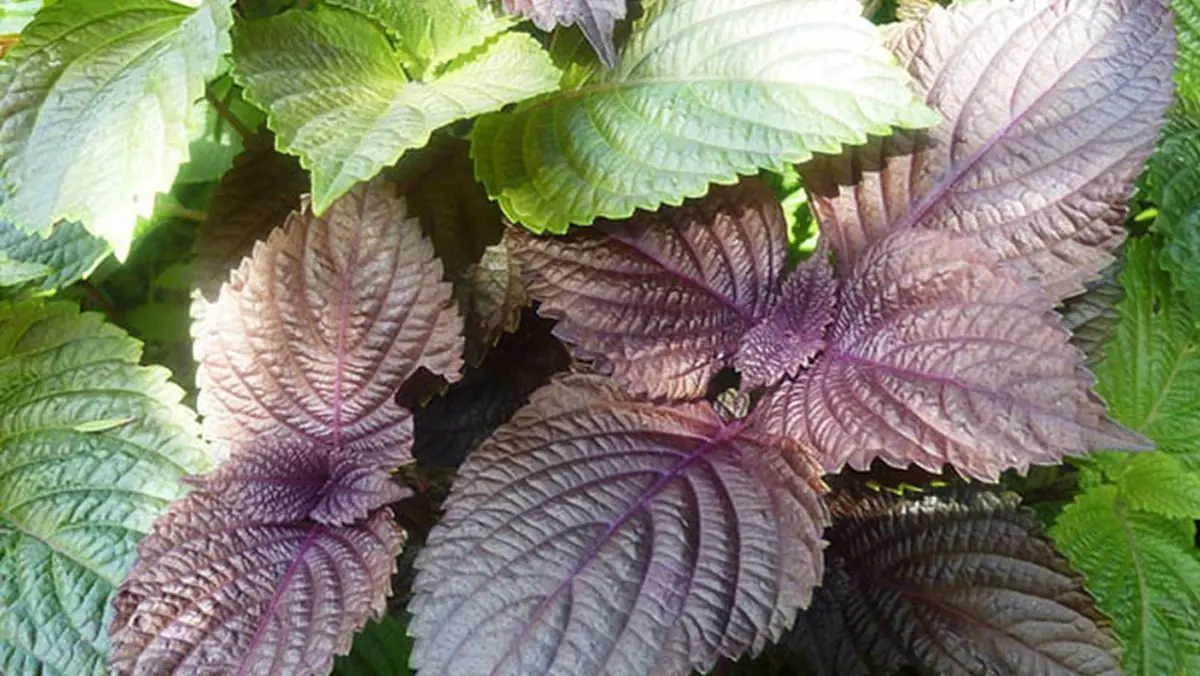
Not everyone knows about this leaf

Is it okay to have hair growing in the a.n.us? Experts explain.
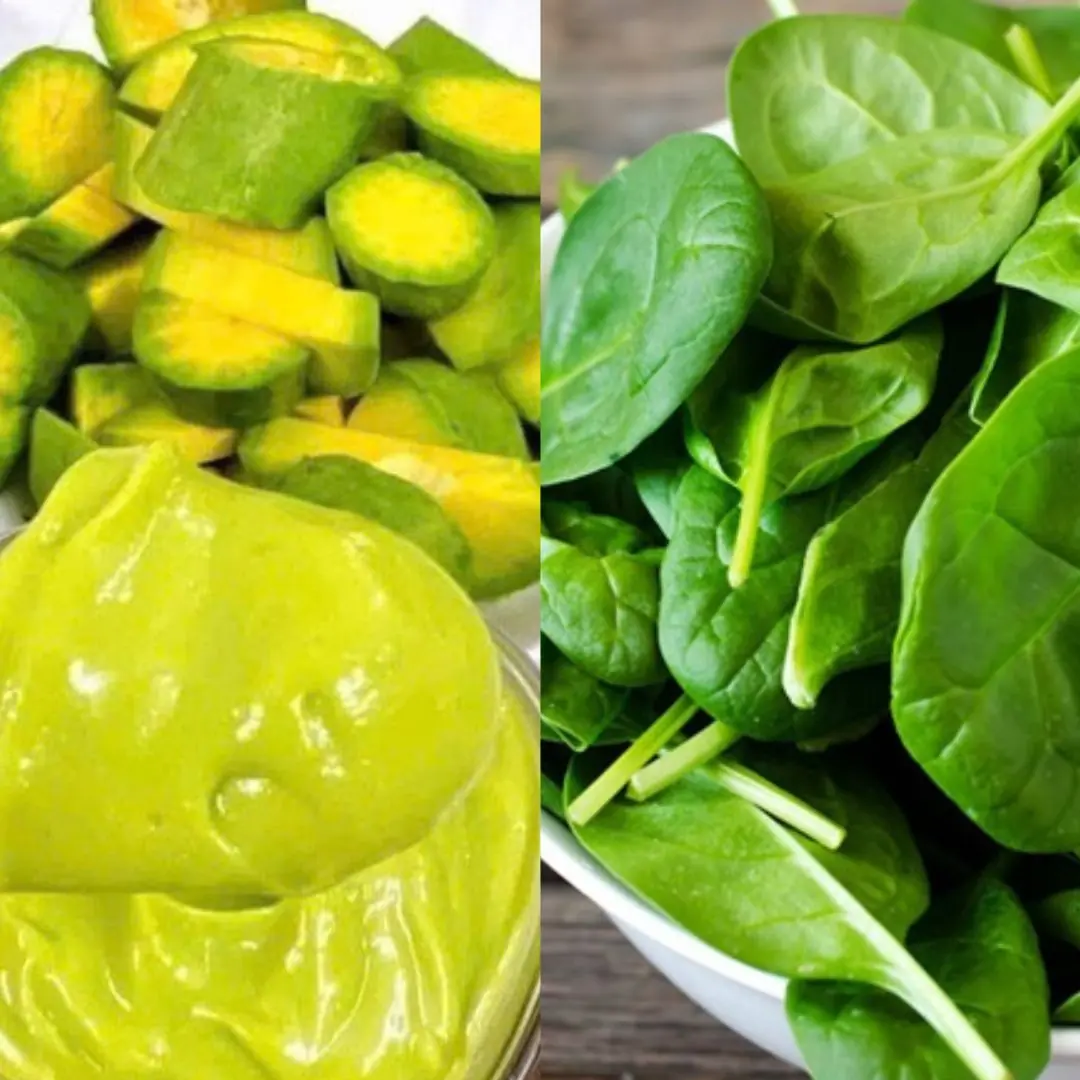
5 food and drink combinations that are good for both the liver and kidneys
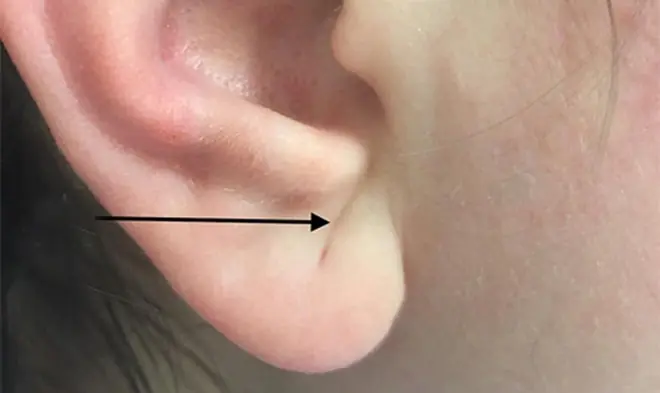
3 abnormalities that everyone thinks are skin problems but are actually trying to expose heart disease
News Post
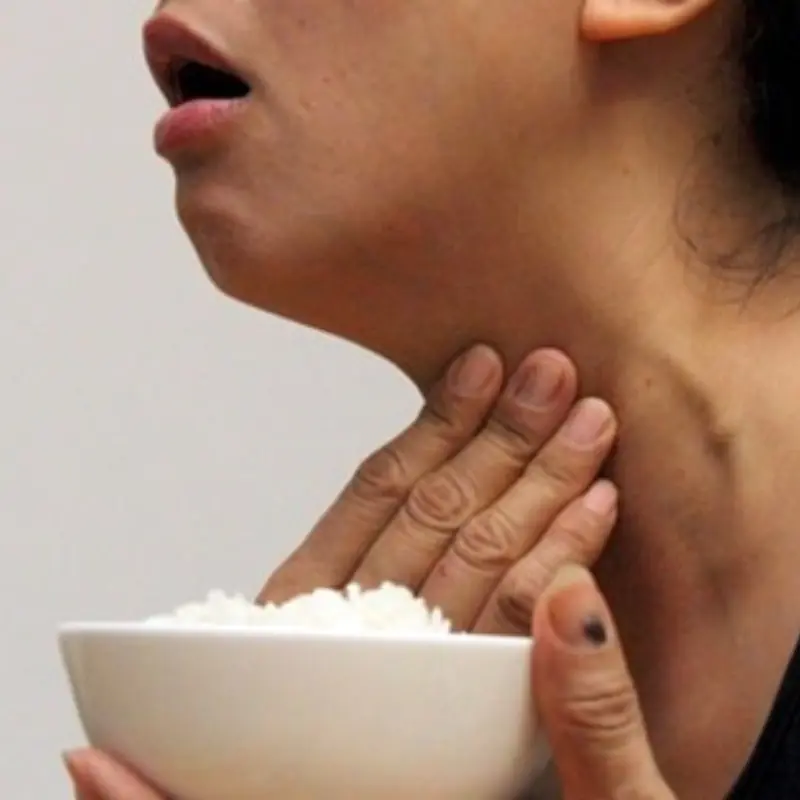
Persistent Throat Tightness Mistaken for a Stomach Issue — Woman Accidentally Discovers She Has Thyroid Cancer

6 Household Items That Seem Harmless but Secretly Block Prosperity and Disrupt Your Life
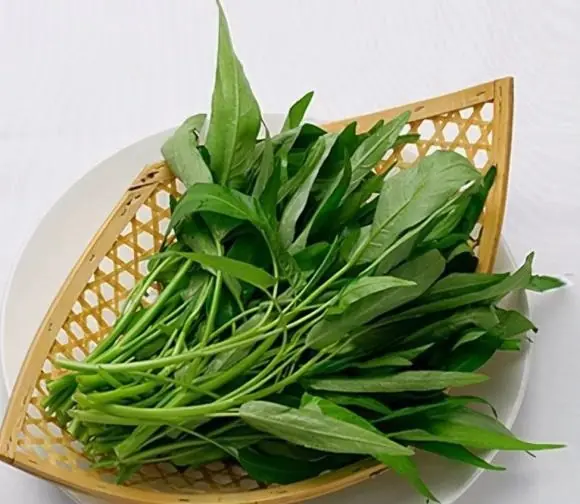
"5 no's" when eating water spinach, know to avoid or you will bring disaster

Study of 900 COVID-19 patients finds: Vitamin helps restore physical strength faster

3 types of meat are "nests of parasites" if cleaned carelessly, many people still rush to eat them without knowing

A familiar type of water contains 240,000 microplastic particles: It will increase 2-4 times if you do this

Suffering from a prolonged choking sensation, thought to be a stomach problem, the woman accidentally discovered that her thyroid gland had CAN.CER

Why shouldn't I set the air conditioner to 26 degrees? Luckily, thanks to the reminder from the air conditioner technician, it turns out I've been making this mistake for decades

5 "Negative Energy" Plants to Avoid Planting in Front of Your House: They May Bring Poverty for Generations

Persistent Throat Tightness Mistaken for Gastric Issues—Woman Discovers Thyroid Can.cer by Accident

Why You Shouldn’t Set Your Air Conditioner to 26°C — A Mistake I Made for Decades Until an AC Technician Pointed It Out
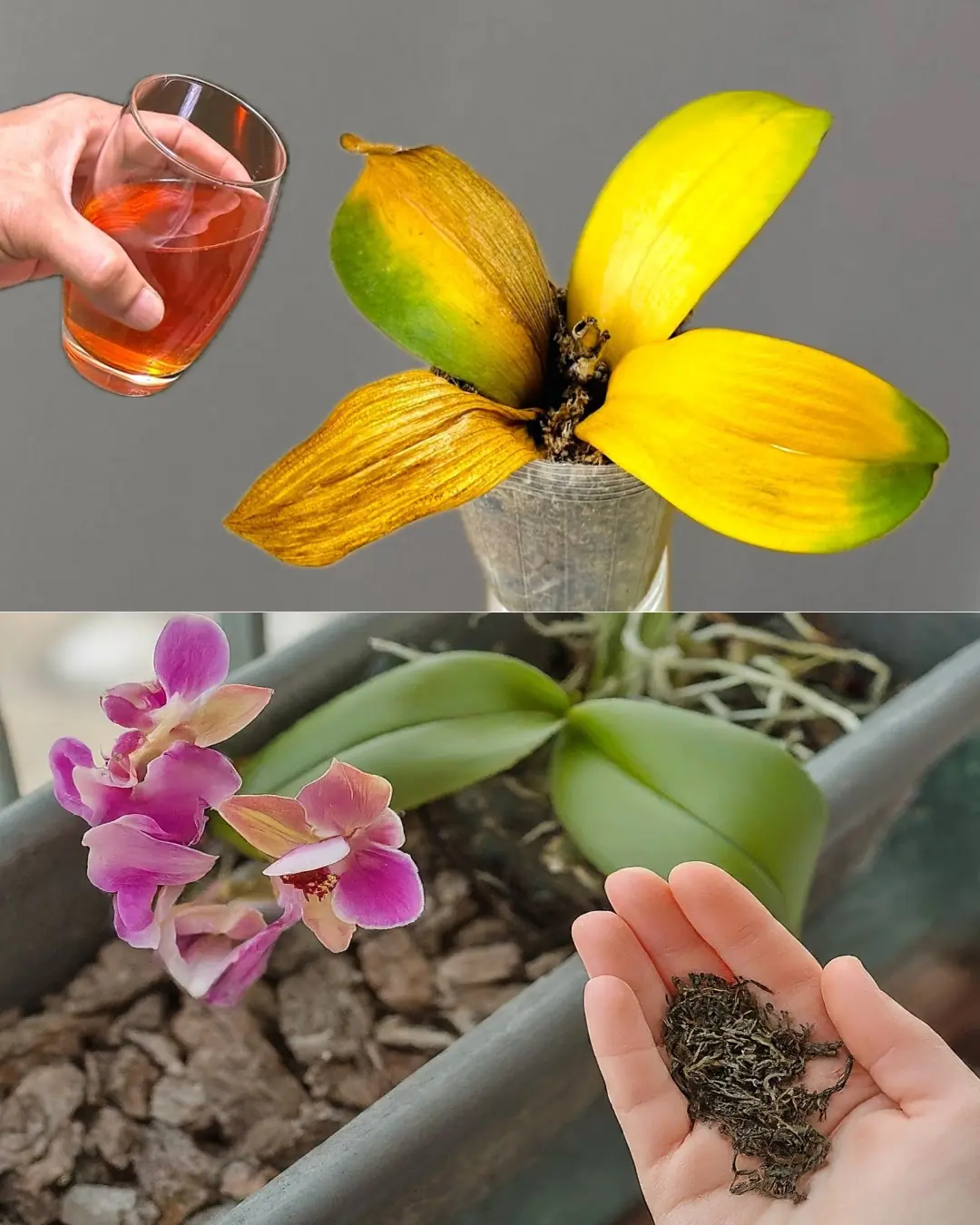
Bring Orchids Back to Life with Tea – Simple Tips That Work Wonders

The startling reality behind the $3,000 I receive each month
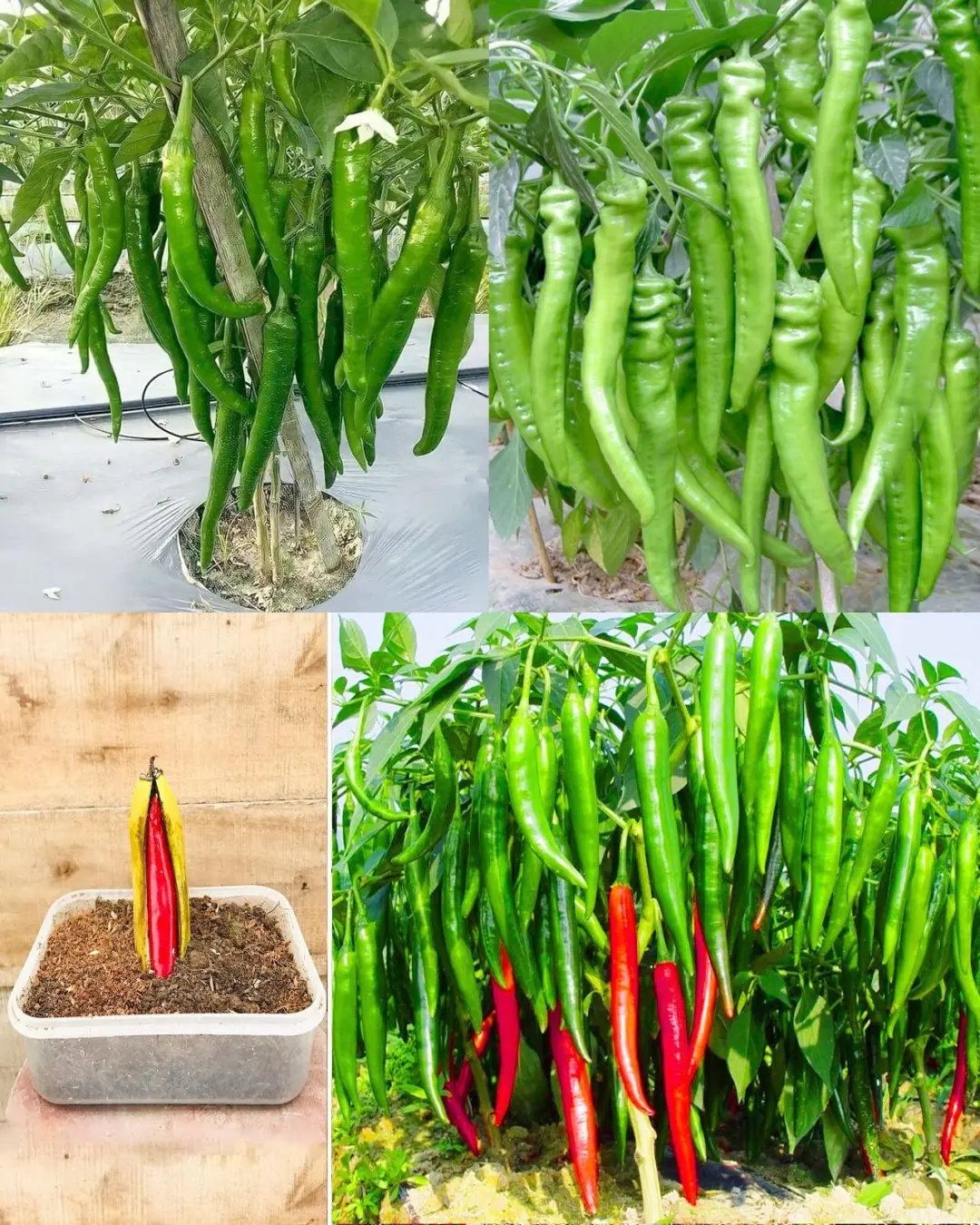
Guide to Cultivating Chillies: Locations, Timing, and Detailed Step-by-Step Process

4 parts of chicken you should not eat

Tips to smooth clothes without an iron
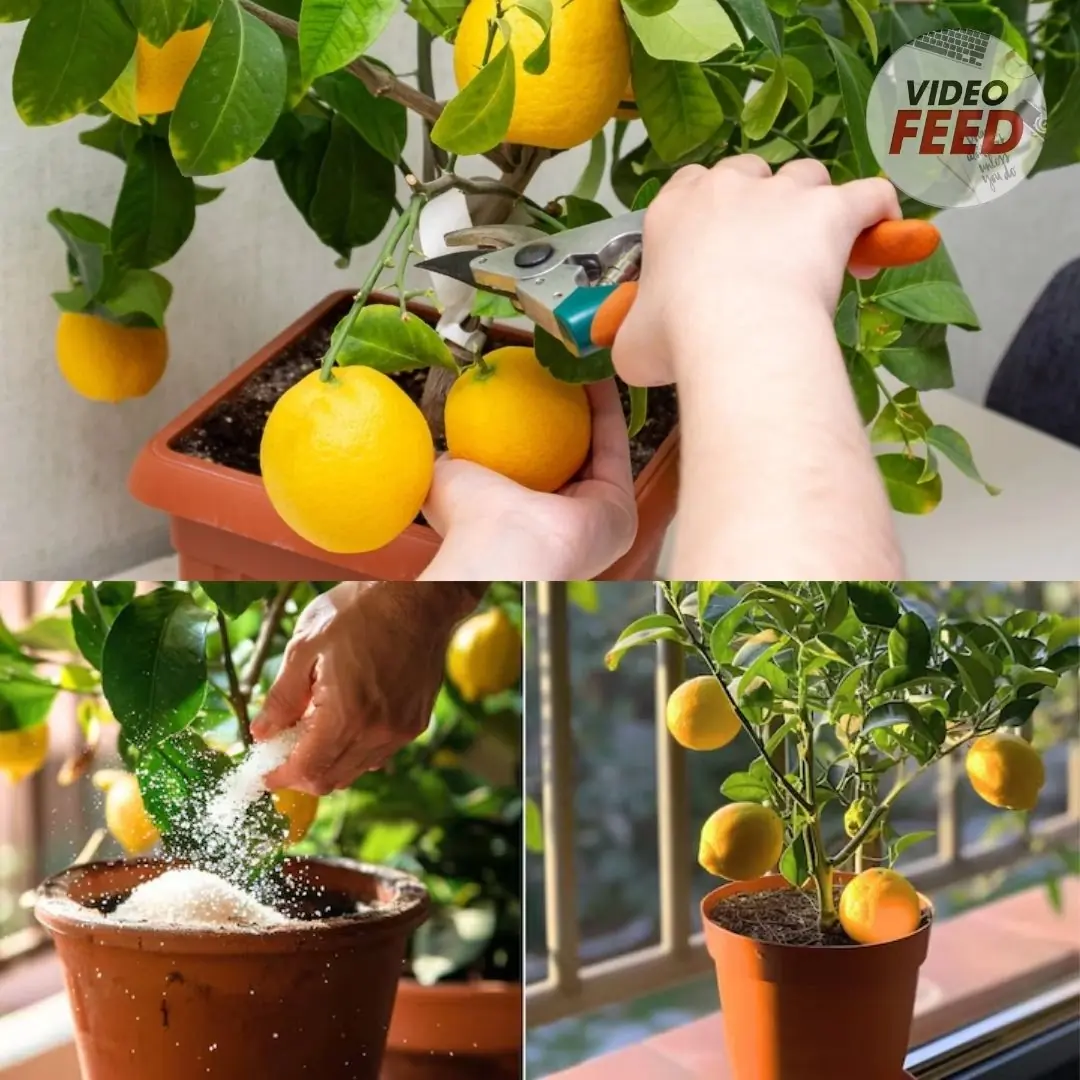
How to Grow a Lemon Tree From Seed Indoors or Outside, According to Horticulturists
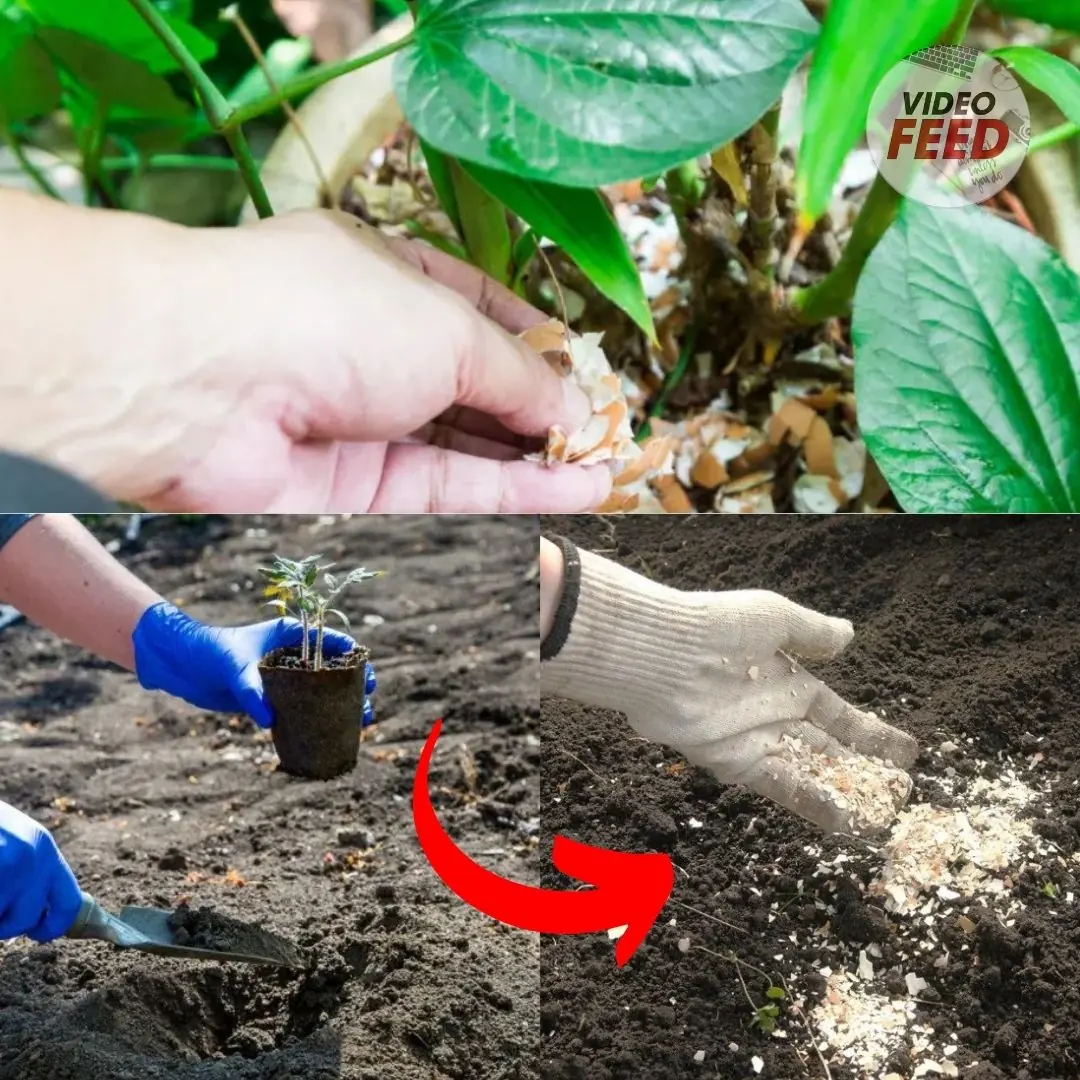
7 Brilliant Uses For Eggshells In Your Garden

Drinking coffee at the wrong time can ha.rm your heart
